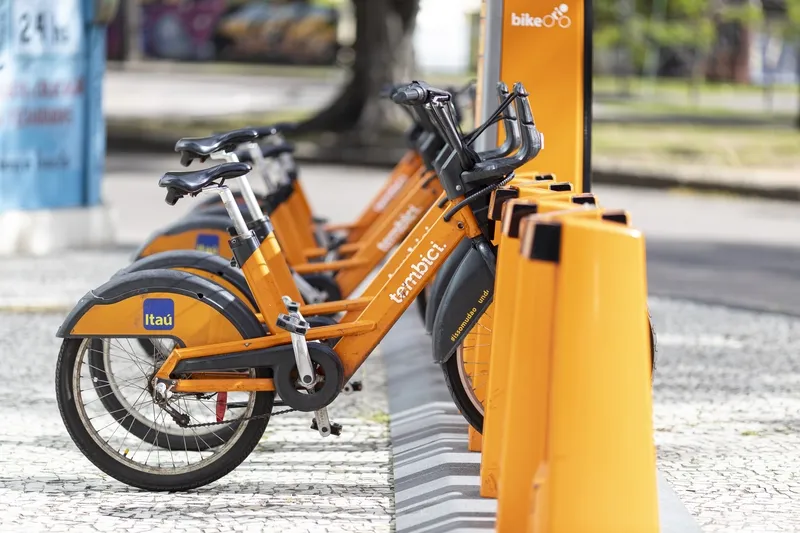
Mobility data specialist Otonomo Technologies has partnered with Latin American bike-share provider Tembici.
The company operates it micromobility services in Brazilian cities such as Rio de Janeiro, São Paulo, Salvador, Recife and Porto Alegre, as well as Santiago, Chile, and Buenos Aires, Argentina.
Otonomo's work is desined to help the firm boost its ridership, with the first project focused on understanding rider patterns to improve services in São Paulo, giving data-driven suggestions on locations for transportation stations and finding micromobility 'hotspots'.
Adding to convenience should increase the likelihood of commuters and visitors choosing bikes and e-bikes for travel, thus reducing congestion and emissions.
Tembici says it plans "to expand the relationship by leveraging mobility analytics and insights to make strategic decisions about its growth".
“We believe Otonomo is the missing piece that will enable us to take our technology and services to the next level,” said Loren Monteiro, CMO and CPO at Tembici.
“Our spatial intelligence and urban planning teams are using Otonomo’s mobility intelligence to choose specific stations for relocation and expansion. This will help us deliver better and more tailored services to our rider community.”
Otonomo will provide information on foot traffic, population density, car traffic, proximity to cycle lanes and bus stations, and first and last-mile entry and exit of service use. These insights also provide Tembici with much-needed information regarding micromobility hotspots.
“We believe our insights will help Tembici in its mission to disrupt the Latin American mobility services market," said Ben Volkow, CEO of Otonomo.
"Our partnership will enable it to quickly expand into new markets while increasing ridership and service delivery in current ones.”







